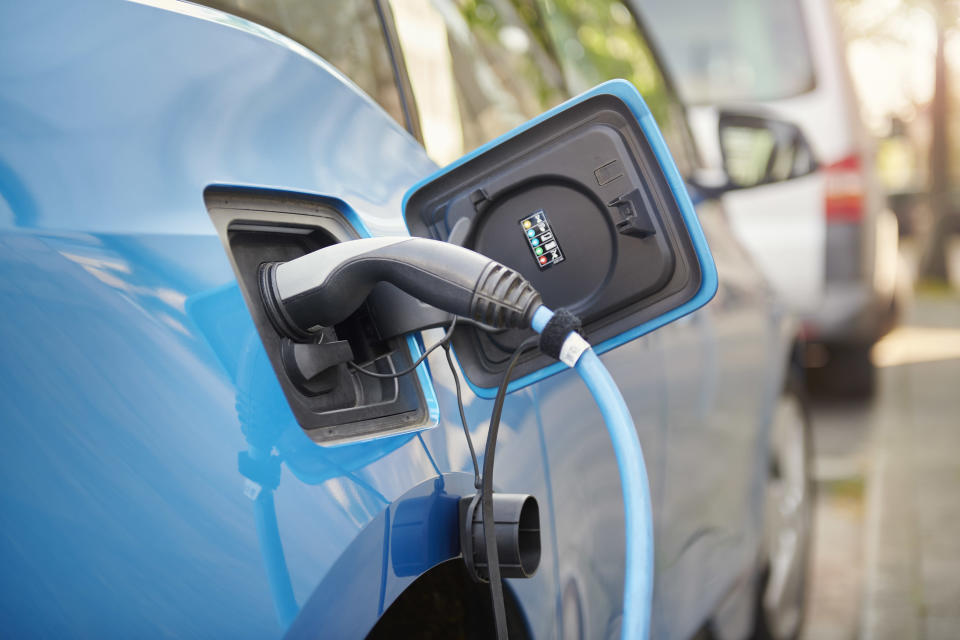
By Glory Aug, 17, 2022 Featured
According to the Inflation Reduction Act, recently
signed into law by President Joe Biden, automakers must complete the
final assembly of their electric vehicles in North America in order to qualify
for tax credits. The regulation, which is effective immediately, eliminates
credits for nearly 70% of the 72 vehicles that formerly qualified,
according to the Alliance for Automotive Innovation.
Some of the EV tax credit adjustments made by the
Inflation Reduction Act, which are intended to promote the adoption of
"clean" vehicles, may be viewed by industry makers as both good and
bad news. Additionally, there are numerous uncertainties regarding the EV tax
credit's operation for the remainder of 2022. However, some consumers might
approve of other modifications made to the Inflation Reduction Act's electric
vehicle tax credit.
The Inflation Reduction Act extends the up to $7,500
EV tax credit for EVs put into service after December 31, 2022, for a total of
10 years, or until December 2032. The calculations used to determine the
credit's precise value will take the sourcing and assembly of the car into
account.
This year's new Clean Vehicle Credit is not available
to manufacturers whose vehicles are built in North America and have met their
200,000 EV credit threshold.
Electric vehicles from model year 2022 eligible for
Clean Vehicle Credit:
·
Audi Q5
·
BMW 3-series Plug-In and BMW X5
·
Chrysler Pacifica PHEV
·
Ford F Series; Ford Mustang Mach E; Ford
Transit Van
·
Jeep Grand Cherokee PHEV
·
Jeep Wrangler PHEV
·
Lincoln Aviator PHEV and Lincoln Corsair
Plug-in
·
Lucid Air
·
Nissan Leaf
·
Rivian EDV; Rivian R1S; Rivian R1T
·
Volvo S60
Electric vehicles from model year 2023 eligible for
Clean Vehicle Credit:
- ·
BMW 3-series Plug-In
- ·
Mercedes EQS
- ·
Nissan Leaf
EVs that have used up their tax credits:
- · 2022 Chevrolet Bolt EUV; 2022 Chevrolet Bolt EV; 2023 Bolt EV
- · 2022 GMC Hummer Pickup and SUV
- · 2022 Tesla Models 3, S, X and Y
- · 2023 Cadillac Lyriq
Since the bill has been signed, EVs sold by Toyota,
Hyundai, Porsche, Kia, and other automakers are no longer qualified for the tax
credit. Customers may still be eligible, though, if they paid a 5% non-refundable
down payment or deposit before Biden signed the legislation. In order to get a
few more tax credits, many manufacturers had been encouraging customers to
conclude transactions and pay deposits.
On January 1st, 2023, additional provisions are
anticipated to take effect. For instance, there will be additional limitations
on the source of minerals and batteries, and also price and income caps.
General Motors and Tesla will also be able to reapply
for EV tax credits at the start of the new year.
By 2024, customers will be allowed to transfer
their credits to sellers in order to lower the sale price when buying the
automobiles.
Many manufacturers make automobiles in several
locations, according to the U.S. Department of Energy. By using the VIN decoder
tool and a car's Vehicle Identification Number, the build location can be
verified.
Tags: Tax Credit EV Automakers
Share On Facebook Twitter Linkedin Whatsapp Telegram
Categories
Latest Post
- Nigeria Taps Global Markets with $2.25B Eurobond Sale
- Boeing Shares Rise as CEO Confirms China Deliveries to Resume Next Month
- STOCK SPOTLIGHT: UNION HOMES REAL ESTATE INVESTMENT TRUST (UHREIT)
- Nvidia Q1 2025 Earnings Report Summary
- 📉 U.S. Market Summary – May 28, 2025
- CBN Launches New Financial Tools to Boost Nigeria’s Non-Interest Banking Sector! ✨
- Market Watch: Key Updates as Wall Street Awaits Nvidia and Salesforce Earnings
- U.S. Equity Markets Rally as EU Tariff Deadline Is Extended and Consumer Confidence Surges
- Things to Know Before the U.S. Stock Market Opens
- What to Expect in the Markets This Week (May 27–31)

Start investing with Acorns today! Get $5 when you use my invite link: Z24WWE
